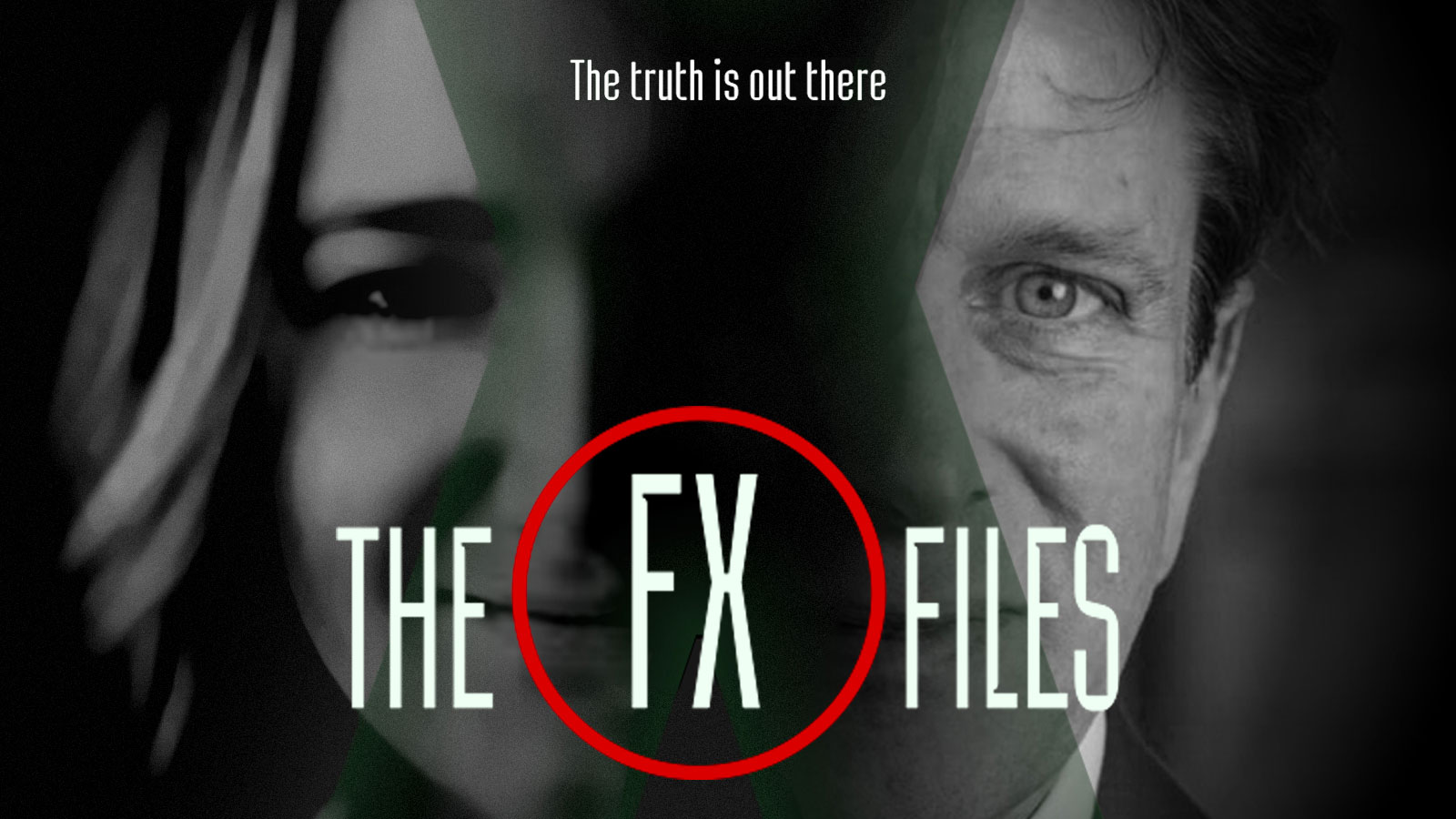With Ireland poised to become the first bailed-out eurozone country to exit its bailout programme later this year, the strength and stability of its banking sector has come back into focus.
Irish banks have been returning to health since their bad debts forced the Irish government to accept a €85 billion bailout in 2010. A combination of steadily rising asset and property prices, banks tackling impaired loans and healthy tier 1 capital ratios under a Basle 2.5 framework point to this recovery.
However, acute challenges remain that might yet scupper the timing of Ireland’s exit.
The Central Bank of Ireland is expected to publish the preliminary results from its balance sheet assessment (BSA) or stress tests on three Irish banks at the end of October, with final results expected in November.
Bank of Ireland, Allied Irish Banks and Permanent TSB are the three surviving domestic banks being examined by the Central Bank of Ireland.
The BSA exercise comes ahead of the European Central Bank’s Europe-wide asset quality review next year, which is designed to unearth risks hidden in bank balance sheets before it takes on its European bank supervisory role.
The ECB, European Commission and IMF will closely scrutinize the BSA results, which form a core part of Ireland’s negotiations over its planned exit from the troika’s bailout programme.
On track
 |
| Irish Prime minister Enda Kenny |
Prime minister Enda Kenny told the Fine Gael party conference in October that although “fragile times” still lie ahead, Ireland is on track to exit the programme by December this year. That might prove optimistic.
In its 11th bailout performance review on Ireland in October, the IMF warned that the weakness of the Irish banks was ultimately holding back the country’s recovery.
“Irish banks face weak profitability that hinders their capacity to revive lending,” the IMF said. It added that while Ireland was on track to meet its obligations under the bailout programme, “near-term prospects are weaker and significant fiscal, financial sector and unemployment challenges remain”.
Acute financial sector challenges include an estimated banking sector non-performing loan ratio in excess of 40%, some 36% of owner-occupier mortgages in restructuring or not performing, and a proliferation of low-yielding tracker mortgages that creates a drag on Irish banks’ net interest margins, according to Deutsche Bank.
Concern about tracker mortgages is such that the IMF commented on the issue in its October performance review but offered a potential solution.
The cost to banks of funding the tracker mortgage portfolios – comprising some 30% of net Irish bank loans – is higher than the interest paid by borrowers, so the banks are losing money on these mortgages.
According to the IMF, the negative carry on Irish banks’ tracker mortgage portfolios is estimated at 0.4% of average assets, which is sufficiently punitive to force the Irish authorities to explore options to try to lower bank funding costs of these portfolios.
However, some of the options are simply not viable. “Most scenarios with an asset transfer to a third party would crystallize negative carry conditions over the life of the asset and generate substantial costs up front,” said the IMF in its performance review.
It added: “Further adjusting Eurosystem risk controls (eligible collateral and haircuts) may have only a marginal impact on overall funding costs. An alternative avenue could be to leave the assets on bank balance sheets, and provide a credit enhancement to underpin low-cost market funding.”
The precise details on this form of credit enhancement are not yet clear, but the IMF says that by allowing banks to “borrow” access to a high-quality balance sheet, this “would enhance their capacity to generate the capital needed to sustain lending”.
And by extension, “it could provide a significant boost to Irish bank net interest margins and profitability,” says Jason Napier, research analyst at Deutsche Bank.
However, until this option is fully formed and introduced – if ever – Irish banks will continue to suffer losses on these portfolios, further hitting profitability and lending.
Coupled with this is uncertainty over the Basle capital framework the Central Bank of Ireland will use to assess the capital adequacy strength of the three domestic banks.
Napier expects the Central Bank of Ireland to use the Basle 2.5 framework, not least because using the Basle III capital framework would be political dynamite.
He says: “Although some will point to meagre fully loaded Basle III ratios for Irish banks, it is becoming increasingly clear in our view that Ireland will not use fully loaded Basle III benchmarks: the political and economic costs of putting more capital into state-owned Irish banks is too high and Basle III early compliance would force this issue.”
However, Emmet Gaffney, banking analyst at Investec Ireland, says that most of the challenges Irish banks face combined with any other negative surprises that might emerge from the BSA exercise would still not be enough to derail Ireland’s bailout exit.
Gaffney says the Irish government has about €25 billion of cash on hand and is fully funded through to 2015, so any “small cash call could be met by those resources”.
He adds: “The only question that remains is: does Ireland come out [of the bailout programme] with a precautionary credit line or not?”
Ireland’s finance minister, Michael Noonan, has already intimated that the country might exit the bailout programme without a precautionary credit line, which has tended to be used as support in the past by countries exiting IMF-engineered bailouts.
Such a move would prevent Ireland from accessing the ECB’s Outright Monetary Transactions programme of government bond purchases.




